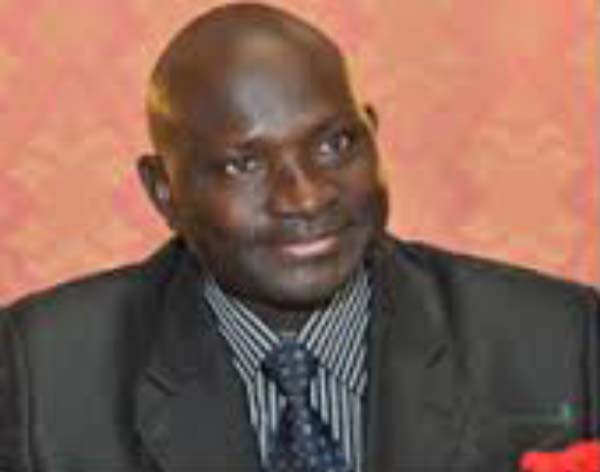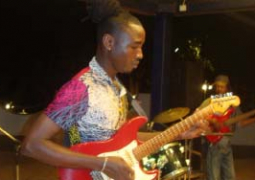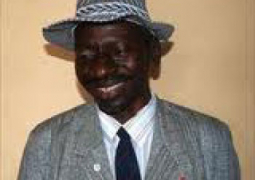
The
Gambian authorities have contacted the Public Prosecutor’s Office in
Switzerland requesting for the possible extradition of the ex-Interior minister
to face trial for his crimes in Banjul.
According
to judicial sources in Switzerland, The Gambia has promised to give Sonko a
fair trial if Swiss authorities agree to the extradition request.
However,
no decision has been reached about such an extradition yet.
The
Gambia also sought mutual legal assistance from Switzerland in the prosecution
of the suspect, that is, if the extradition will take place.
Sonko
is accused of having been present during acts of torture. He was arrested in
Lyss, outside of Zurich, after a Geneva-based NGO, Trial International, filed
complaints of alleged crimes against humanity at the prosecutor’s office
against him.
“The
prosecutor’s office yesterday also announced that it has extended criminal
investigations to other offences after hearing testimonies and complaints of
more witnesses. That is why it requested for an extension of the detention of
the ex-Interior Minister,” the judicial source said.
This
ongoing pre-trial detention of the former Jammeh minister was therefore
extended once again for three months. This is the second time Sonko has been
denied bail and instead compelled to stay in detention of the Swiss authorities
while the investigations are ongoing.
In
May, the Federal Prosecutor’s Office obtained an extension after his arrest in
January.
Under
the principle of International jurisprudence, Swiss authorities are compelled
to arrest and prosecute suspects accused of crimes against humanity, even if
those crimes are alleged to have taken place outside of Switzerland.
Under
Swiss laws too, the courts can keep a suspect in detention for up to a year
while such investigations are on.
Meanwhile,
further charges are being prepared against Sonko, according to the prosecutors,
yesterday morning.
They
stopped short of specifying the nature of these new charges, maintaining that
the principle of “presumption of innocence” applies.
Read Other Articles In Article (Archive)



